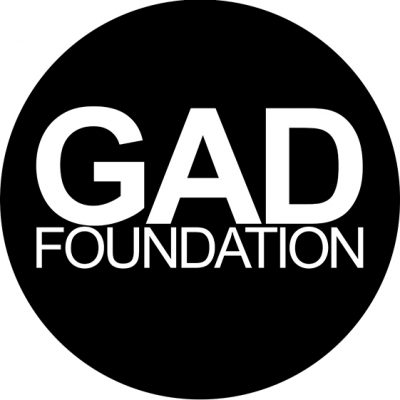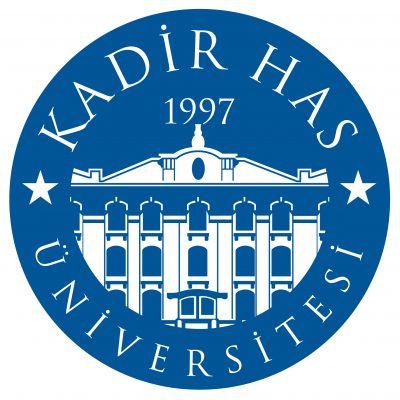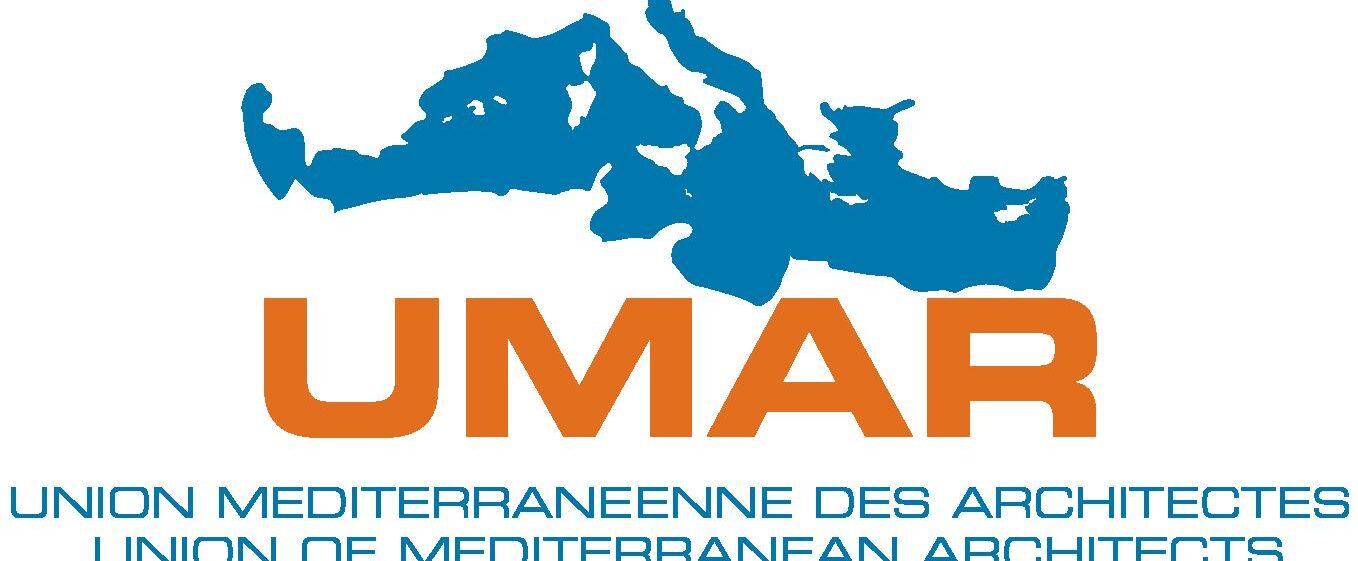LOCAL BRIEF

LOCAL BRIEF
Seeing the Unseen:
Data Collection and Visualisation for Healthy Urban Environments, Istanbul Case Study 2019
The production of data on urban environments is an important aspect of 21st century urban planning and architecture. This data represents potentially new insights into habitation and living in increasingly dense cities. The access to this data and analysis of the underlying dynamics is a threshold of “smart design” strategies intended to optimise standards of living within many different urban contexts.
Today the task in architecture has come to a point where data and analysis of urban environments especially for environmental impact is a necessary phase of all architectural efforts. Our workshop is intended raise this issue in the context of Istanbul, Turkey, a city that has undergone profound change over the last 20 years. Rapid construction and development throughout the city has produced different climactic and ecological conditions. But unfortunately we know little of key environmental conditions that effect human habitation. This data exists but within the limited scope and access of governmental agencies. Our task is to make this data and the subsequent analytic documents such as maps and information diagrams accessible to a wider public. Our concern is for citizens and visitors to the city but also we aim to make this environmental data and analysis available to governmental and private developers as a way to optimise urban life for everyone.
Specifically we will organise the collection and analysis of this data using open source technologies. Participants in the workshop will design, build and operate data sensing tools in order to collect data on urban conditions such as temperature, light, humidity, air pollution, noise and other key parameters. From this group of data detailed 2d and 3d maps and plans will be generated and designed by students. From these findings we will provide the first of open source data on Istanbul’s environment produced by non-governmental agencies. Students will be part of both data collection, analysis and most importantly findings and results of this process. This workshop will be the first of it’s kind
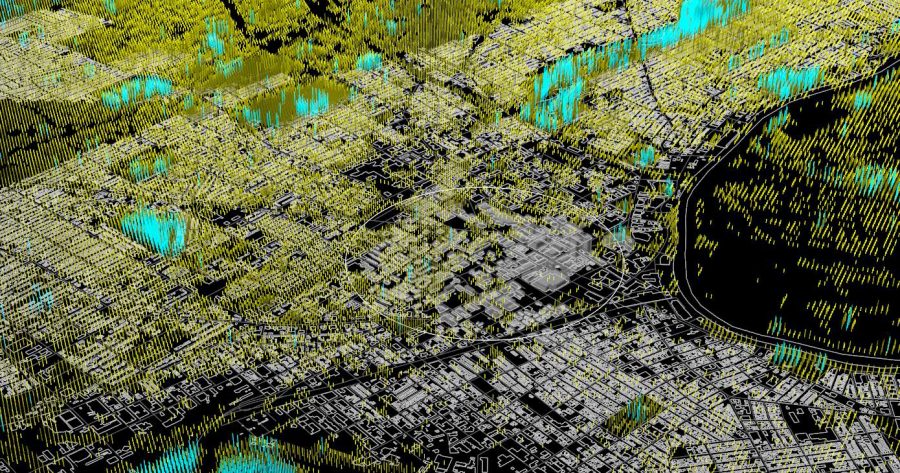
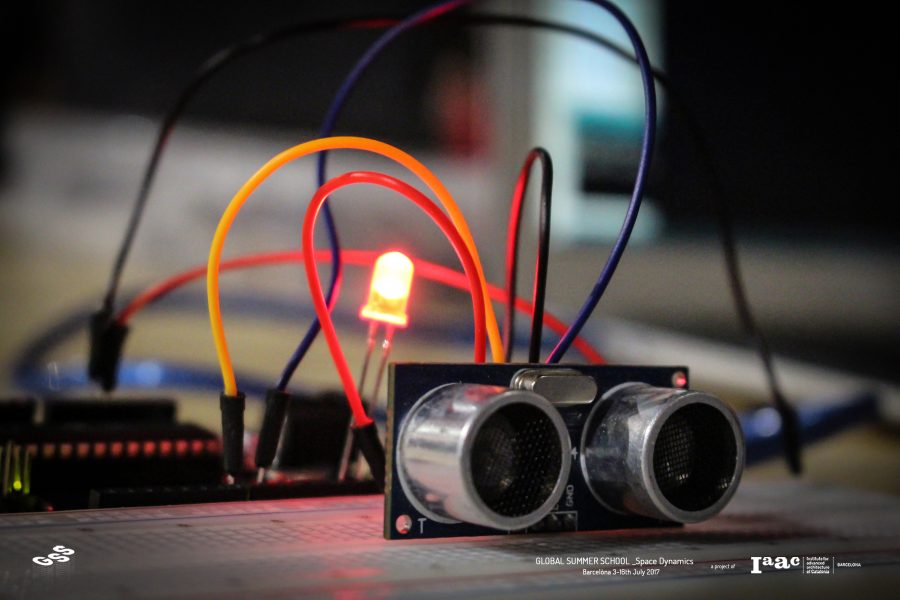
In order to register to the Global Summer School, participants need to submit the online application form, where they will be asked to fill their personal details and to upload a CV. Portfolio is not required. GSS18 dates are from 1-14 of July 2019 and applications are open until May 2019.
For more information email: [email protected]
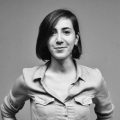
Seda Tugutlu is the Coordinator of the GSS Istanbul’19. She is an architect and urbanist, a design-research the practice that explores the intersection of architecture, urbanism and digital practices.
She holds a Master Degree in City and Technology from the IaaC and a Bachelor Degree from Istanbul Technical University. Her work concentrates on the relationship between architecture and urbanism by leveraging emerging technologies to imagine scenarios for the future of environments and cities.
She has developed numerous award-winning projects that span from architecture to urban design, conceptual design to scientific research. Moreover, She has been in the position of curating a number of exhibition installations where the intensive design and urban research studies cross.
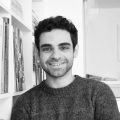
Mehmet Berk Bostanc?, creative director and interaction designer at Boske Collective, acquired his undergraduate degree from Mimar Sinan University of Fine Arts, Faculty of Architecture. Moving on to graduate from the Advanced Interaction Master’s Program in Institute for Advanced Architecture of Catalonia (IAAC), he focused on the aspect of design that provides a bridge between humanity and technology, blending intuition and reason. After his studies he continued to teach and support in IAAC specializing on Creative Coding and Physical Computing. As an interaction designer his installations took place in exhibitions, biennales and festivals in various countries around the world such as Spain, Australia and Estonia.
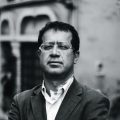
Born in Turkey in 1966, he moved to the U.S. at a young age living in New York and studying architectural history and theory Vassar College and New York’s Columbia University in New York. The author of the books Turkish Touch in Design (2007), Turkish Architecture Now (2009) and Contemporary Turkish Architecture in Stone (2015), Karaku? works as an architectural critic, theoretician, curator and designer. His field of study is especially related to locality in design, modernism, and architecture. His recent work has focused on design and research in computational design, data driven design, digital fabrication and the history of post-war architecture and design in Turkey. He has contributed to publications such as Architects’ Journal, Architectural Review, Bauwelt, Wallpaper*, Details, ID, and Icon Turkey. He worked as the editorial director of Natura magazine, that concentrates on stone architecture and design. Karaku? was a nominator and reviewer for the Aga Khan Award for Architecture and the Mies van der Rohe Award for European Architecture. He has taught architecture and design at Istanbul Technical University, Bilgi University, and the Politecnico di Milano. He is the founder and director of the Istanbul-based design studio, Emedya Design, that focuses on wayfinding, exhibition and collectible design.
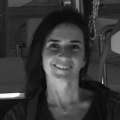
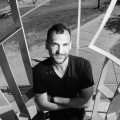
SABRI GOKMEN
Born in 1984, Sabri Gokmen, PhD is a computational designer and researcher with different areas of expertise including computational geometry, parametric modeling, generative algorithms and digital fabrication. A former Fulbright scholar, Sabri holds both a PhD and Msc degree on design computation and architecture from Georgia Institute of Technology. His PhD research is a re-evaluation of Goethe’s scientific writings, while developing algorithms to study its implications on understanding form and growth in both natural and architectural morphogenesis. His current research focuses on developing new links between architecture and mathematics, particularly combining computational geometry with building morphology and symmetry.
Apart from his research, Sabri has been involved with over 20 international public art projects and competitions that have been exhibited in New York, Atlanta, Paris and Switzerland. Over the past 10 years, Sabri has taught numerous digital courses and workshops while lecturing on the emerging intersection of history and theory with computational thinking. Currently, Sabri holds an Assistant Professor position at Kadir Has University, Istanbul, Turkey, leading effort to introduce new methods and technologies within the undergraduate curriculum.
IaaC Global Summer School India 2019 will take place at Kadir Has University, Istanbul, Turkey.
Kadir Has University is located behind Golden Horn and ancient Byzantine walls stands the oldest part of Istanbul.
Codding, prototyping and data visualization courses are going to be at KHAS University. Data collection process is going to be in the city.
https://www.khas.edu.tr/en
IAAC GSS is open to creative and innovative people who are interested in fields such as architecture, urban planning, digital fabrication, design, etc., searching for a multidisciplinary experience in an international environment. No previous skills are required, although CAD design, programming and digital fabrication skills are welcome. The official language of the course is English.
After the course, the participants will have gained theoretical and applicative knowledge about advanced design strategies. They will be familiar with parametric software, data visualization and use of digital machines. The last day of course participants will join a presentation of developed projects reviewed by a renown jury and will receive a Global Summer School Diploma.
Each participant is responsible to investigate which documents are required via the embassies in their country of origin. The school will provide a confirmation letter regarding the participation to the course, and will assist where possible the visa process.
Fee for Istanbul is 300€ and includes all material costs needed for the course. No additional registration fee is required. Flight tickets, accommodation and food are not included in the fee. Each participant should bring his/her own computer with the software installed. Further details about the software will be given to the participants upon acceptance.
